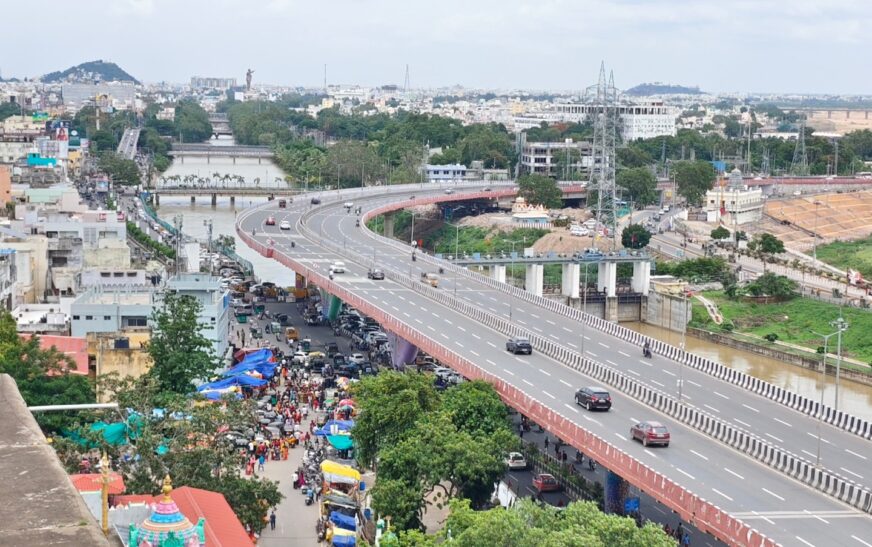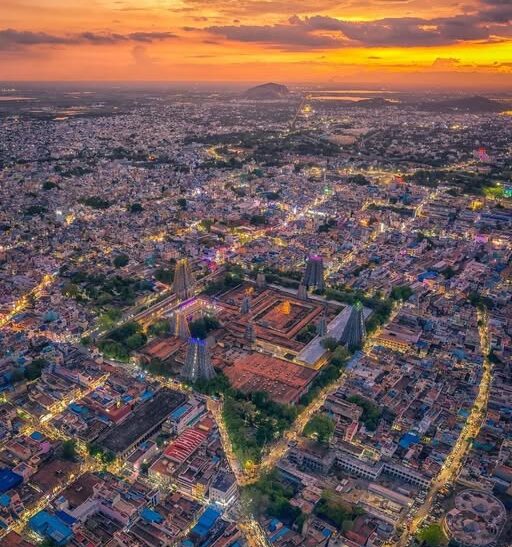Jodhpur, Rajasthan City Guide: Where To Go, Stay, Eat, And shop in India’s best city. [Updated-2025]
![Jodhpur, Rajasthan City Guide: Where To Go, Stay, Eat, And shop in India’s best city. [Updated-2025]](https://traveloinfo.com/wp-content/uploads/2025/02/Jodhpur-f-872x547.jpg)
Jodhpur, Rajasthan City Guide: Where To Go, Stay, Eat, And shop in India’s best city.
Jodhpur, often referred to as the “Blue City” and the “Sun City,” is a historic and culturally rich city in the Indian state of Rajasthan. Known for its majestic forts, palaces, and vibrant culture, Jodhpur is one of the most popular tourist destinations in India. Here are some key points about Jodhpur:
Geography and Climate:
- Location: Jodhpur is located in the Thar Desert region of Rajasthan, near the geographic center of the state.
- Climate: The city experiences a hot desert climate, with extremely hot summers, mild winters, and scarce rainfall.
Economy:
- Tourism: Tourism is a major contributor to Jodhpur’s economy, with its forts, palaces, and cultural heritage attracting visitors from around the world.
- Handicrafts and Textiles: Jodhpur is famous for its handicrafts, including wooden furniture, textiles, and traditional Rajasthani artifacts.
- Agriculture: The surrounding region produces crops like wheat, barley, and pulses, despite the arid climate.
- Industrial Growth: The city has seen growth in industries like mining, manufacturing, and construction.
Culture and Heritage:
- Languages: Hindi and Rajasthani (Marwari) are the primary languages spoken, but English is also widely understood.
- Festivals: The city celebrates festivals like Marwar Festival, Gangaur, Diwali, and Holi with great enthusiasm. The Rajasthan International Folk Festival (RIFF) is a major cultural event held in Jodhpur.
- Cuisine: Jodhpur offers a rich culinary experience with traditional Rajasthani dishes like dal baati churma, laal maas, mirchi vada, and mawa kachori. The city is also famous for its sweets like ghevar and malpua.
Tourism:
- Historical Sites:
- Mehrangarh Fort: One of the largest and most magnificent forts in India, offering panoramic views of the city. It houses a museum with royal artifacts, weapons, and paintings.
- Umaid Bhawan Palace: A stunning palace that is part museum, part luxury hotel, and part royal residence. It is one of the largest private residences in the world.
- Jaswant Thada: A beautiful marble memorial built in memory of Maharaja Jaswant Singh II, known as the “Taj Mahal of Marwar.”
- Religious Sites:
- Mandore Gardens: A historic garden complex with temples, cenotaphs, and lush greenery.
- Osian Temple: Located about 65 kilometers from Jodhpur, it is a cluster of ancient Hindu and Jain temples.
- Markets and Shopping:
- Sardar Market: A bustling market near the Clock Tower, known for spices, textiles, and handicrafts.
- Sojati Gate Market: Famous for traditional Rajasthani attire and jewelry.
Education and Research:
- Educational Institutions: Jodhpur is home to several prestigious educational institutions, including:
- Indian Institute of Technology (IIT) Jodhpur
- All India Institute of Medical Sciences (AIIMS) Jodhpur
- National Law University (NLU) Jodhpur
- Research Centers: The city has research facilities in agriculture, particularly in arid zone research.
Transportation:
- Air: Jodhpur Airport connects the city to major domestic destinations like Delhi, Mumbai, and Jaipur.
- Rail: Jodhpur Junction is a major railway station on the Indian Railways network, providing excellent connectivity to other parts of India.
- Road: The city is well-connected by national highways (NH-62 and NH-112) and state highways, making it accessible from Jaipur, Udaipur, and other cities.
- Public Transport: The city has a network of buses, auto-rickshaws, and taxis for local transportation.
Governance:
- Administration: Jodhpur is governed by the Jodhpur Municipal Corporation (JMC), which oversees civic infrastructure and services.
- Smart City Initiative: Jodhpur is part of the Indian government’s Smart Cities Mission, aimed at improving urban infrastructure, transportation, and quality of life.
Historical Significance:
- Foundation: Jodhpur was founded in 1459 by Rao Jodha, the chief of the Rathore clan. It served as the capital of the Marwar kingdom.
- Strategic Location: Due to its central location in Rajasthan, Jodhpur was a key trading hub for goods like opium, silk, and spices during the medieval period.
Cultural and Architectural Heritage:
- Blue City: The old city of Jodhpur is famous for its blue-painted houses, which were traditionally associated with Brahmins and are said to keep homes cool.
- Forts and Palaces: The city’s forts and palaces, such as Mehrangarh Fort and Umaid Bhawan Palace, are architectural marvels that reflect the grandeur of Rajputana heritage.
Adventure and Nature:
- Desert Safari: Jodhpur offers desert safaris and camel rides in the Thar Desert, providing a unique experience for tourists.
- Bishnoi Villages: Located near Jodhpur, these villages are known for their eco-friendly lifestyle and wildlife conservation efforts.
Jodhpur is a vibrant city that blends its rich cultural heritage with modern development. Its majestic forts, palaces, and vibrant markets make it a must-visit destination in Rajasthan. Whether as a cultural center, a tourist hotspot, or an emerging industrial hub, Jodhpur continues to captivate visitors and residents alike.

![Aurangabad, Bihar City Guide: Where To Go, Stay, Eat, And shop in India’s best city. [Updated-2025]](https://traveloinfo.com/wp-content/uploads/2025/03/AurangabadBihar1.jpg)
![Jehanabad, Bihar City Guide: Where To Go, Stay, Eat, And shop in India’s best city. [Updated-2025]](https://traveloinfo.com/wp-content/uploads/2025/03/JehanabadBihar.jpg)
![Buxar, Bihar City Guide: Where To Go, Stay, Eat, And shop in India’s best city. [Updated-2025]](https://traveloinfo.com/wp-content/uploads/2025/03/BuxarBihar.jpg)



![Bangalore, Karnataka City Guide: Where To Go, Stay, Eat, And shop in India’s best city. [Updated-2025]](https://traveloinfo.com/wp-content/uploads/2025/02/bangaloref.jpg)
![Hyderabad, Telangana City Guide: Where To Go, Stay, Eat, And shop in India’s best city. [Updated-2025]](https://traveloinfo.com/wp-content/uploads/2025/02/hydrabad1.jpg)
![Ahmedabad, Gujarat City Guide: Where To Go, Stay, Eat, And shop in India’s best city. [Updated-2025]](https://traveloinfo.com/wp-content/uploads/2025/02/ahemadabad1.jpg)